It’s surprisingly boring, legalising weed. In Colorado, where recreational doobie has been utterly without censure for, ooh, about a week and a half now, the Department of Revenue (Marijuana Enforcement Division) has published Permanent Rules Related to the Colorado Retail Marijuana Code, which is 136 pages long and no fun at all.
Were I actually in Colorado, I suppose I could always spark something up to help me get to the end. ‘The statutory authority for this rule is found at subsections 12-43.4-202(2)(b), 12-43.4-202(3)(b)(II), 12-43.4-202(3)(b)(III), and 12-43.3-301(1), C.R.S,’ it drones, at the top of the final page. If you like, imagine that read out by a posh girl in a breathy voice over a drum beat, like they used to do in the Orb.
Right now, an ounce of marijuana costs you about $400, provided you are openly going to smoke it for fun. If you have some medical reason for needing it (and hundreds of thousands of Americans maintain they do), the cost is slashed by half. If you want to sell, you’ve got to control every aspect of your own supply chain (a bit like Morrisons does, I believe, with meat) and if you buy, you can’t cross state lines.
Nobody really knows how well any of this is going to work yet. Possibly vendors will make a killing. Possibly most of them will go bust as competition forces prices to plummet. Perhaps counter-intuitively, for the experiment to really work, it’s the latter that really needs to happen.
This is the year of the hash revolution. Uruguay may have set the ball rolling last year, when it utterly legalised the cultivation, sale and consumption of cannabis and marijuana in one fell swoop, but US has picked the ball up and is running with it. Washington state will follow Colorado later this year in doing much the same. Maine is heading that way, too. Massachusetts and bits of Michigan are legalising possession and numerous states are on the verge of legalising the stuff for medical use, which means almost the same thing for anybody over 21 who is prepared to pretend that they have a headache.
It’s massive, this. Nearly half a century since the start of the ‘war on drugs’, this is the first inkling that it might one day end. Nor should it be confused, any of it, with de facto strategies of tolerance by various European police forces, or the hare-brained, bonkers policies of decriminalisation in Holland and elsewhere. In fact this is the opposite, for both of those merely create a legal marketplace for an illegal industry, thus encouraging it to flourish. This, by contrast, is an economic land grab. It is the process of taking a criminal industry away from criminals.
Unsurprisingly, America is embarking upon a wide debate about the social harm that weed may or may not cause. If you’re young, particularly, it’s almost certainly pretty bad for you. In the US, while most drug use is plummeting among kids, marijuana use inches up and up. In the UK, the picture is less clear but, let’s be honest, legalisation is hardly going to make it drop, at least in the short term.
In the longer term, as it happens, I suspect it might. And yet I’d argue that this shouldn’t really be the point. Our media, for obvious reasons, often seems to give the impression that the great evil of the criminal drugs trade is the way that it makes some middle-class kids do unexpectedly poorly in their A-levels. Whereas actually, even if one buys the contentious argument that the stuff can cause schizophrenia (as opposed to perhaps just triggering it, sooner, among those heading that way already), a worse evil is the way it makes into criminals people who would otherwise not be. This is as true on the streets of Brixton or Moss Side as it is among the fields and plantations of any blood-soaked, third-world basket case of a nation you’d care to point a thai stick at.
If you want to end the war on drugs, the only real solution is to find a way to stop fighting it without surrendering to the bad guys. The triumph here is that people have finally made a more sensible assessment of just who the bad guys are. Just over a year ago, I wrote here that you’d be buying dope in your off-licence within a decade. Scratch that. Five years, tops.
A prince’s privilege
Has there ever been a more confected pile of bilge than the supposed controversy over Prince William going to study agriculture at Cambridge, despite not having the A-levels that would normally be required? ‘It’s an insult to every student whose A-levels and degree are the same or better than his, and who didn’t get a free pass to Cambridge in spite of them,’ wrote Melissa, a supposedly furious postgrad student, in the Guardian.
I mean, yes, it’s a bit unfair. Yes, his background is indeed affording him advantages over and above mere commoners like the rest of us. The thing is, if you truly object to the unearned privilege of HRH the Duke of Cambridge, then it’s a bit weird to decide that his tailor-made diploma at your Department of Land Economy is the place to start. Because despite those mediocre A-levels — and I’m sorry, Melissa, to be the one to break this to you — it turns out that he’s also going to be King.
Got something to add? Join the discussion and comment below.
Get 10 issues for just $10
Subscribe to The Spectator Australia today for the next 10 magazine issues, plus full online access, for just $10.
Hugo Rifkind is a writer for the Times.
You might disagree with half of it, but you’ll enjoy reading all of it. Try your first month for free, then just $2 a week for the remainder of your first year.


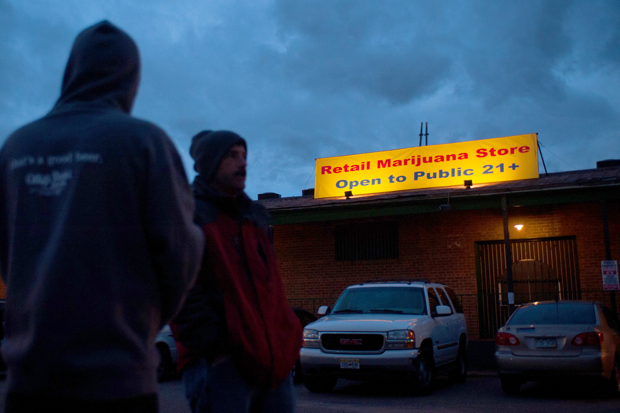
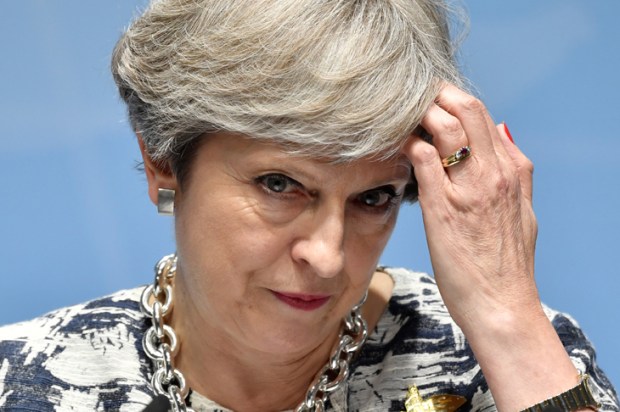
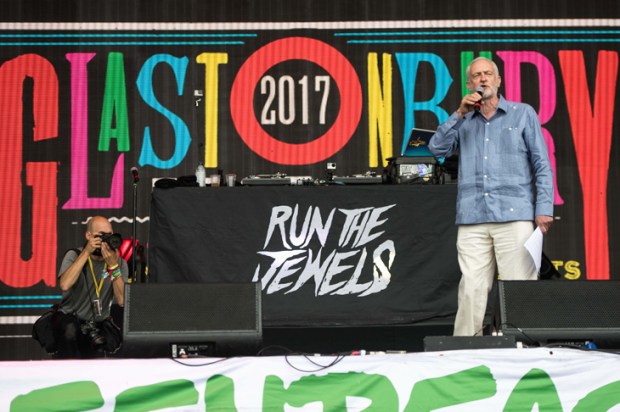
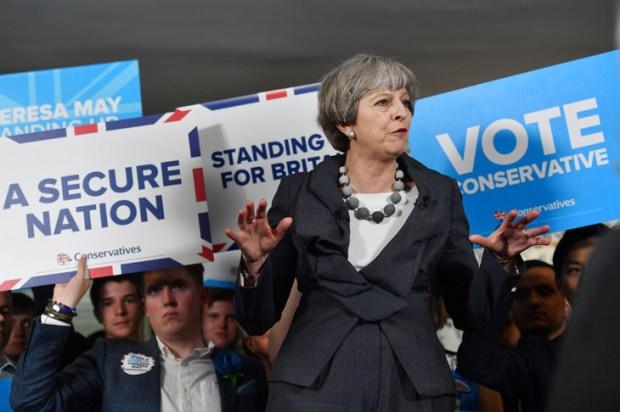
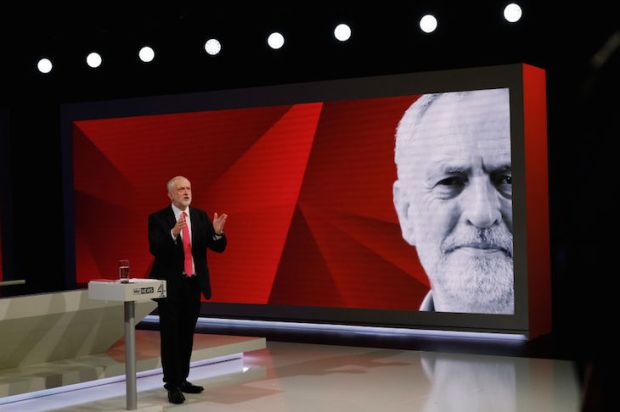
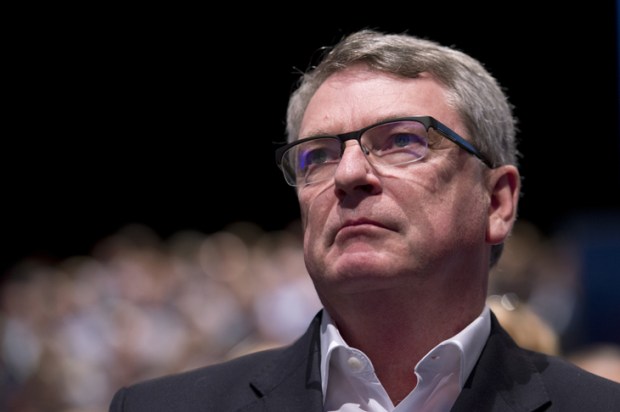
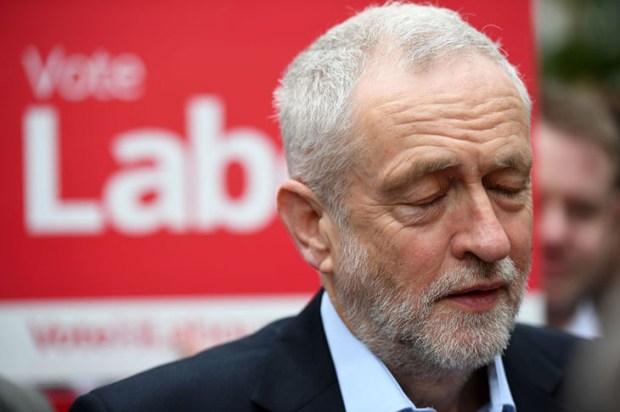






Comments
Don't miss out
Join the conversation with other Spectator Australia readers. Subscribe to leave a comment.
SUBSCRIBEAlready a subscriber? Log in